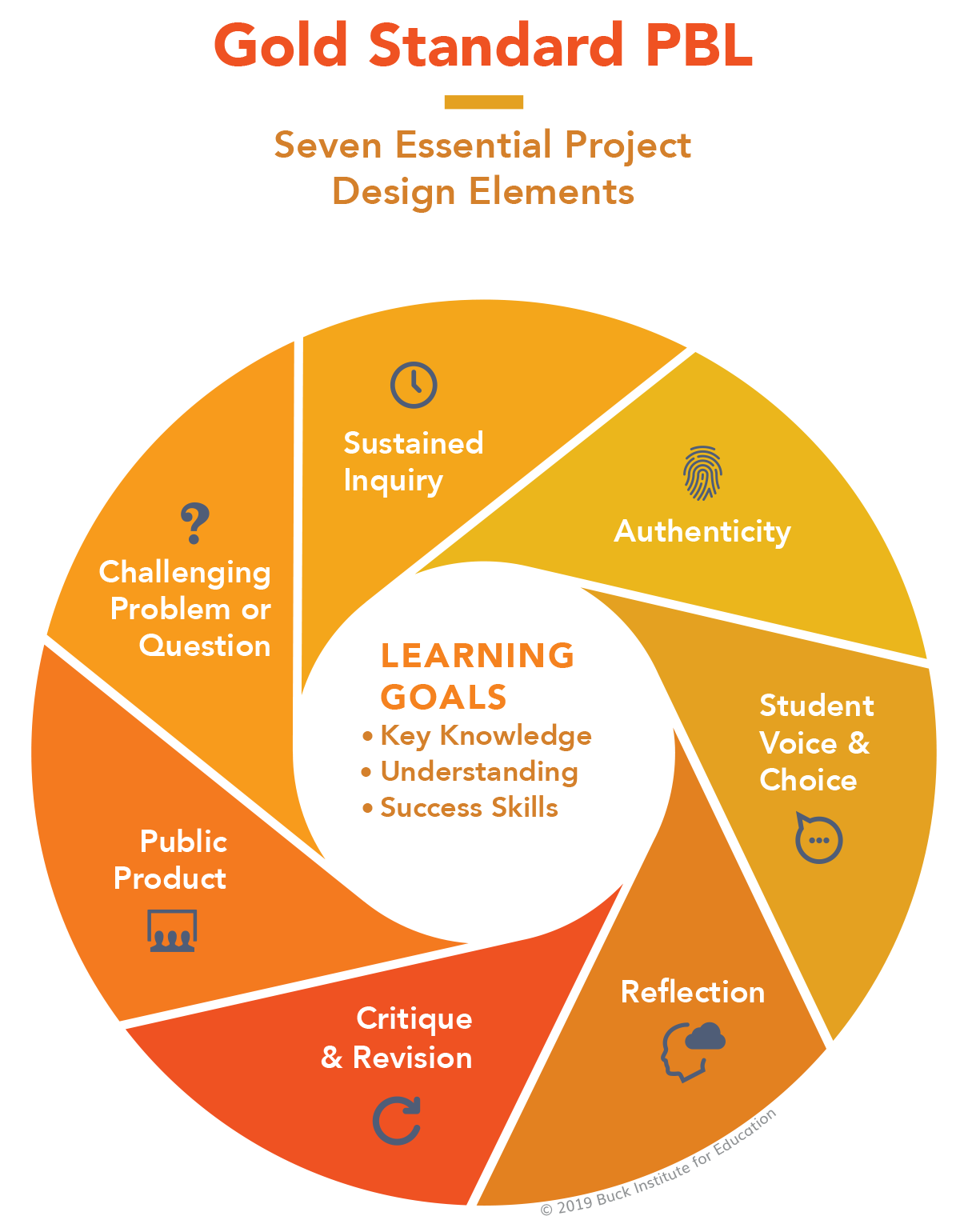Struggling to engage and motivate your students?
Trying to figure out how to make the curriculum more exciting?
Tired of every lesson getting a blank stare reaction?

Then maybe PROJECT BASED LEARNING is for you and your students!
Project Based Learning or PBL is a teaching method in which students gain knowledge and skills by working for an extended period of time to investigate and respond to an authentic, engaging, and complex question, problem, or challenge. Check out this short video, Project Based Learning: Explained.
Getting Started:
Begin the planning and design phase by creating or adapting a project for your context and students.
- Choose a topic: Based on your students interests, subject area and student needs.
- Align with Curriculum: teachers use the curriculum to plan the project in order to ensure that it addresses key knowledge(s) and understanding from the relevant subject area(s).
- The Hook/Entry Event: Engages students in solving a real-world problem or answering a complex question.
- Driving Question: With your students, brainstorm possible solutions to “the hook”. A good driving question captures the heart of the project in a clear, compelling language, which gives the students a sense of purpose and challenge.
- Explain the Requirements: Written paper, oral presentation with media and a product of students choice created by teams.
CLICK HERE to see PBL in action.
Start Planning:
Students and teacher will set some initial tasks and a deadline, meet back together and decide on the next steps based on what the teams discovered. Teams will also decide how they are going to meet the requirements by deciding on their final product.
Project Planner from PBL Works

Teacher’s Role as Facilitator:
PBL centers around student choice and student voice, so where does this leave the teachers? The teacher plays a paramount role as facilitator. This entails building a culture of collaboration, managing activities/tasks/schedules, employing a variety of lessons, tools and instructional strategies to support all student in meeting the project goals and aiding the students in reflection to identify when they need to build a skill, redirection, encouragement and celebration.
For more information check out the PBL Works, 8 Essentials for Project-Based Learning and Project-Based Learning Research Review: Evidence-Based Components of Success.
References:
Buck Institute for Education: PBL Works. (2019). Retrieved from https://www.pblworks.org/what-is-pbl
Lamar, J. & Mergendoller, J. R. (2010). 7 Essentials for Project-Based Learning. Educational Leadership, 68, 34-37.

Comments are closed.